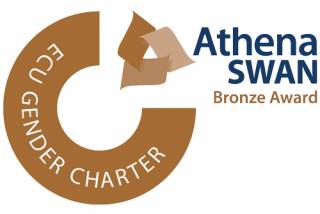Professor Nick Gonis
Papyrus was the writing material of the Greeks and Romans, but little has survived in the archaeological sites of Greece and Italy, because the ground is too wet. Egypt, on the other hand, offers ideal climatic conditions; and in the towns of Egypt, for a thousand years from Alexander the Great to the Arab conquest, Greek immigrants and their descendants formed a colonial ruling class that continued to speak, write and read Greek. Their books and papers have survived under the sand: random salvage from the houses, offices and libraries of these Greek-speaking communities. Systematic excavation for papyri began in the 1890s, and the finds proved revolutionary not only for the study of Hellenistic and Roman history, but also for the study of ancient Greek literature. The sand preserves a mass of documents of all kinds, of private and official letters, and of broken books: above all, fragments of works which have not otherwise survived at all, since they were lost in the Middle Ages.
Oxyrhynchus ('the City of the Sharp-nosed Fish'), 100 miles south of Cairo, proved the most productive of the papyrus sites. The excavators of the Egypt Exploration Society found the papyri in rubbish mounds thirty feet deep; several hundred thousand pieces and scraps were recovered in ten years' digging (1896/7 - 1907), and are now deposited in the Sackler Library, Oxford. The Department of Greek and Latin, UCL, in collaboration with the Faculty of Classics, University of Oxford, has long been involved in a research project that aims to publish this collection of papyri, with the generous support of the Arts and Humanities Research Council and the British Academy.
To date, some 5,200 items have been published, in 78
volumes. Publication proceeds at the rate of one volume per year.
Collaborators from many countries are involved in this project.
Further details can be found on the Oxyrhynchus Homepage.
 Close
Close



